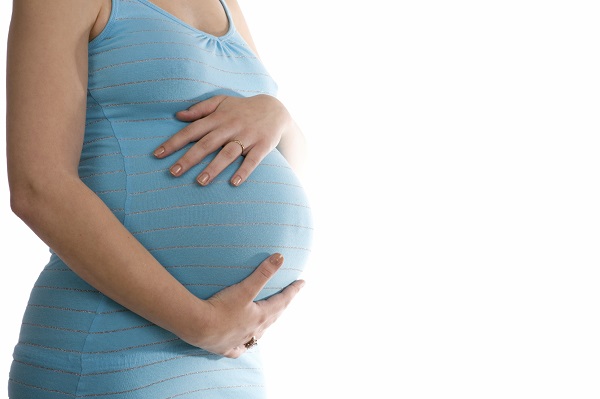On Wednesday, March 4, the Supreme Court will hear oral arguments about Louisiana’s 2014 Unsafe Abortion Protection Act (Louisiana Act 620). As Louisiana Right to Life put it succinctly, “It is time the Supreme Court ends loopholes for abortion businesses!”
To be clear, there is no law, no provision of a law, no penumbra of a law, that the Abortion Industry and its legion of Media Enablers won’t predict will be the end of Roe v. Wade. This is no exception.
Take the over-the-top lead of the story written by USA Today’s Richard Wolf regarding June Medical Services, et al v. Gee:
WASHINGTON – An hour-long oral argument inside the Supreme Court Wednesday could go a long way toward reversing abortion rights in the United States. Whether they ultimately revert by four years or 47 remains to be seen.
What, in fact, does Louisiana’s 2014 Unsafe Abortion Protection Act require? “The Act will require abortion providers to have admitting privileges within 30 miles of a local hospital. … Louisiana law requires surgeons in facilities classified as ‘ambulatory surgical centers’ to have admitting privileges at local hospitals so that the physician can admit and treat his patient if an emergency arises. The proposed law would require the same standard for surgical abortion providers.”
As these cases always do, there is a long history of litigation. In 2017 federal district court Judge John deGravelles blocked the law which was authored by state Rep. Katrina Jackson. A court of appeals’ panel subsequently lifted the stay.
Click here to sign up for pro-life news alerts from LifeNews.com
According to the majority opinion, written by 5th Circuit Appeals Court Judge Jerry Smith, the district court overlooked that the facts of the Louisiana case “are remarkably different from those” that invalidated the Texas law in the 2016 case of Whole Women’s Health v. Hellerstedt. The court also ruled that the Louisiana law does not “impose a substantial burden on a large fraction of women” as the Texas law did.
Judge Smith wrote
The court overlooked that the facts in the instant case are remarkably different from those that occasioned the invalidation of the Texas statute in WWH [Whole Woman’s Health]. Here, unlike in Texas, the Act does not impose a substantial burden on a large fraction of women under WWH and other controlling Supreme Court authority. Careful review of the record reveals stark differences between the record before us and that which the Court considered in WWH.
Almost all Texas hospitals required that for a doctor to maintain privileges there, he or she had to admit a minimum number of patients annually. Few Louisiana hospitals make that demand. Because Texas doctors could not gain privileges, all but 8 of 40 clinics closed. Here, only one doctor at one clinic is currently unable to obtain privileges; there is no evidence that any of the clinics will close as a result of the Act. In Texas, the number of women forced to drive over 150 miles increased by 350%. Driving distances will not increase in Louisiana. Unlike the record in Louisiana, the record in Texas reflected no benefits from the legislation.
Finally, because of the closures, the remaining Texas clinics would have been overwhelmed, burdening every woman seeking an abortion. In Louisiana, however, the cessation of one doctor’s practice will affect, at most, only 30% of women, and even then not substantially. That is only a summary. As we explain in detail, other facts underscore how dramatically less the impact is in Louisiana than in Texas. Because the Louisiana Act passes muster even under the stringent requirements of WWH and the other Supreme Court decisions by which we are strictly bound, we reverse and render a judgment of dismissal.
In January, 2019 the full appeals court voted 9-6 against rehearing the case. In October, the Supreme Court agreed to hear the case.
LifeNews.com Note: Dave Andrusko is the editor of National Right to Life News and an author and editor of several books on abortion topics. This post originally appeared in at National Right to Life News Today —- an online column on pro-life issues.








